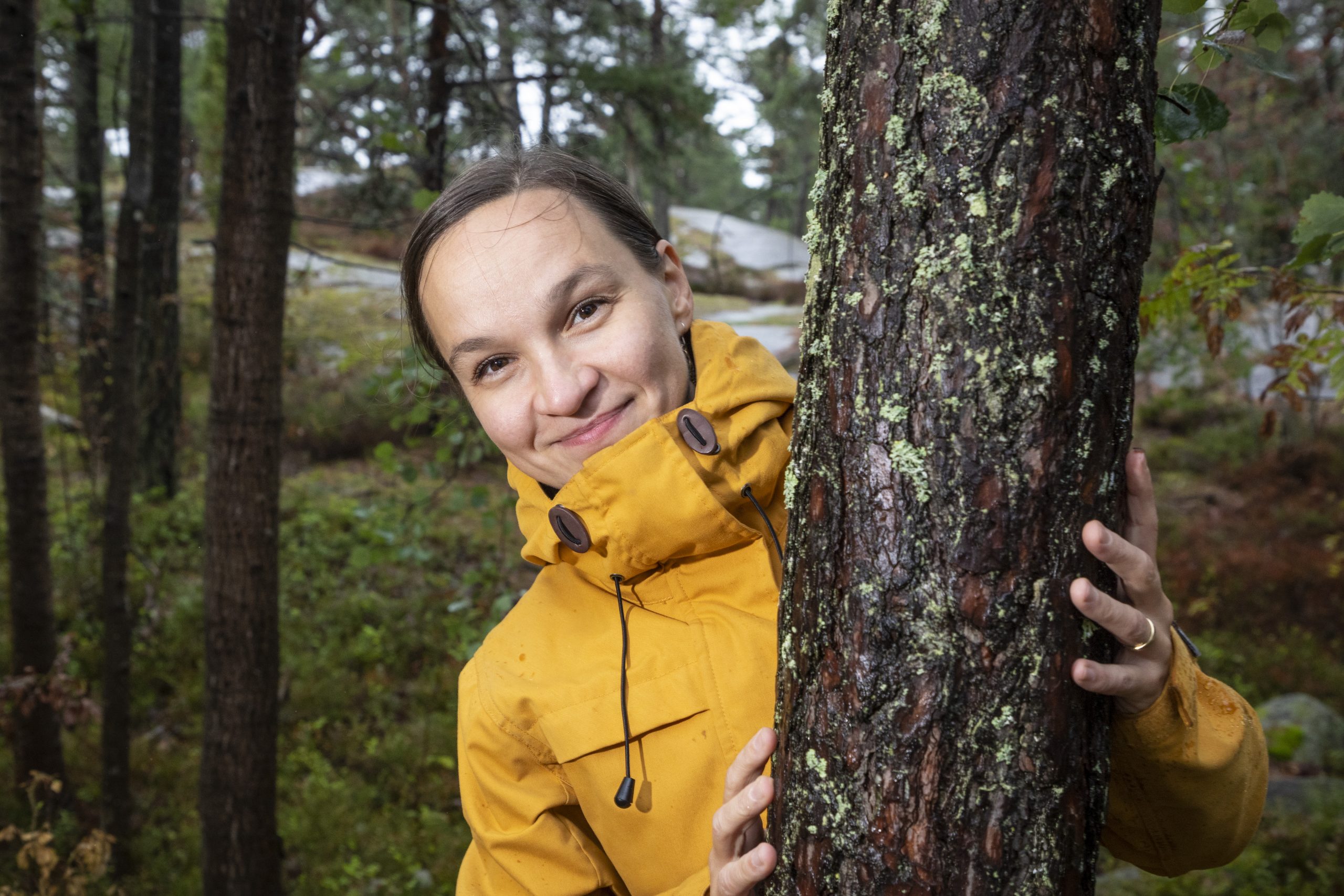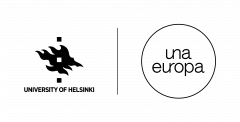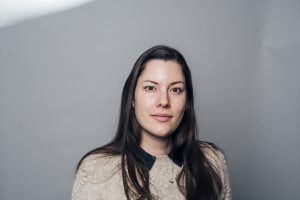
It shouldn’t be news to anyone that sustainability is at the core of our strategy and our values. We aim to provide our knowledge for the betterment of the world. With the launch of the Una Europa micro-credential in sustainability, Laura Riuttanen has even bigger ambitions.
Laura Riuttanen is a university lecturer in atmospheric sciences at the Institute for Atmospheric and Earth System Research (INAR). From her very early days as a PhD candidate and researcher she was interested in climate change and understanding how pollutants travel in the air and affect the climate. While research is still an important part of her work, in later years she has increasingly focused her attention on climate change education and educating the change-makers we need for a more sustainable future. She has done this especially through her involvement in the Climate University network, which she is now leading. While teaching is of course an essential part of our university activities, Laura is more passionate than most. So how does she explain this passion she has for climate change education?
“I think it’s the sense of urgency of these topics. We really need the change in our societies now. Research is of course very important; it’s important we have trustworthy knowledge and create new knowledges, but I find that teaching is really the way to transform our societies. In our universities, we teach thousands of students every year. If we combine the knowledge that comes from universities and the power of educating these thousands of students, I believe universities could really be the engine of the sustainability transformation.”
Not society, but societies. Because while Laura has spent years working with Finnish networks and colleagues across higher education, she has recently expanded her reach and collaboration to colleagues far beyond our borders.
A global ambition
International partnerships and networks are a central part of our university’s operations. Often it can be hard to see the real-life impact of these alliances on a concrete and tangible level, visible to students and staff. This is slowly shifting with The University of Helsinki’s participation in the Una Europa alliance, one of 41 European University Alliances. The aim is to build the university of the future and to connect and co-create new, innovative educational formats in interdisciplinary and international ways.
This year we are finally seeing the fruition of many of the ambitious, joint formats, including our micro-credential in sustainability, which is launching today. But what is a micro-credential and who is behind it?
“A micro-credential is a new format of continuous education, it’s currently being developed across the EU. There are still different understandings on what the exact definition is, but the idea is that in a world that is changing fast we all need to be continuous learners. It’s not enough that you study for a degree in your 20s and then work the same way until you retire. We all need to update our knowledge and the micro-credentials provides a flexible way to learn on the way,” says Laura.
The Una Europa micro-credential consists of five MOOCs (Massive Open Online Courses), which combined becomes a 10 credit micro-credential. It is developed and delivered within the collaboration of the Una Europa Alliance, where Laura and other colleagues from across University of Helsinki have worked closely with colleagues at the University of Bologna and the Jagiellonian University in Krakow. This is a very new and different way of working, since the academics involved have collaboratively developed the scope, idea and content of the whole micro-credential, it’s not just a combination of existing courses.
Enabling a generation of sustainability change-makers
Through the Una Europa collaboration Laura has been able to expand her scope and vision for sustainability education. The micro-credential offers a wide and innovative view on sustainability by combining an introductory course on sustainability with perspectives coming from biodiversity, climate change, political economy and the arts. The courses are filled with additional examples and perspectives from other Una Europa partners such as Complutense University of Madrid and University of Edinburgh. Additionally, Laura has also engaged with colleagues from across Finland through the Climate University, the Biodiversity Education Network, and countless other colleagues. With this kind of scope and breadth of collaboration what does Laura envision for this effort?
“These challenges we are facing are so big that no country alone can solve the sustainability crisis and climate change. We need to put our forces together to work on these topics, but we also need basic knowledge, which is what the MOOCs can provide. I think that in all fields of society, we need to update our knowledge on climate change, biodiversity loss and sustainability issues. These MOOCs provide a flexible way to update your knowledge, get a status check of what the situation is and what needs to be done.”
This offering allows any student regardless of their field to get a grasp of the issues of sustainability and how we all need to engage. Una Europa has been at the frontlines of developing co-teaching between universities and institutions and has also been a leader in defining the micro-credential on a European level as an essential part of continuous learning.
If you want to go fast go alone, if you want to go far go together
In many ways the University of Helsinki is leading the work on open education, online learning and co-teaching, in addition to climate and sustainability education. That is not only in Finland but in a global context. Laura argues that this is an even more important reason to engage in an alliance such as Una Europa, as an opportunity to multiply the impact.
“We should continue to put our efforts into leading the world towards sustainable futures and towards learning about possible sustainable futures. Una Europa brought us together with new colleagues and in that way, we have been able to for example get these interviews from different parts of Europe getting a wider perspective to for example climate change and how it affects different parts of Europe differently.”
This is a unique opportunity, which Laura is aware would not have been possible without Una Europa. Una Europa allows her and her colleagues to provide learners with an international and comprehensive understanding of sustainability issues, that is not only presented from one cultural or disciplinary perspective. Students get to learn from experts from across Europe and in addition get to study virtually in Krakow and Bologna in addition to Helsinki. But while the micro-credential is finally being launched today, this is only the beginning. How does Laura imagine the universities participating in this work?
“I would like to see universities as active parts of the sustainability transformation, not only teaching these skills and knowledges but also doing and learning by doing. We shouldn’t be on the sidelines of society on these issues, but really at the core where things are happening. My goal would be to see us actively working together while studying and while teaching.”


 Before we share Carolina’s roller-coaster experience with the PhD Slam, what sparked her interest in women’s empowerment, gender equality, development cooperation and understanding the complex dynamics and intersection of these topics?
Before we share Carolina’s roller-coaster experience with the PhD Slam, what sparked her interest in women’s empowerment, gender equality, development cooperation and understanding the complex dynamics and intersection of these topics?
